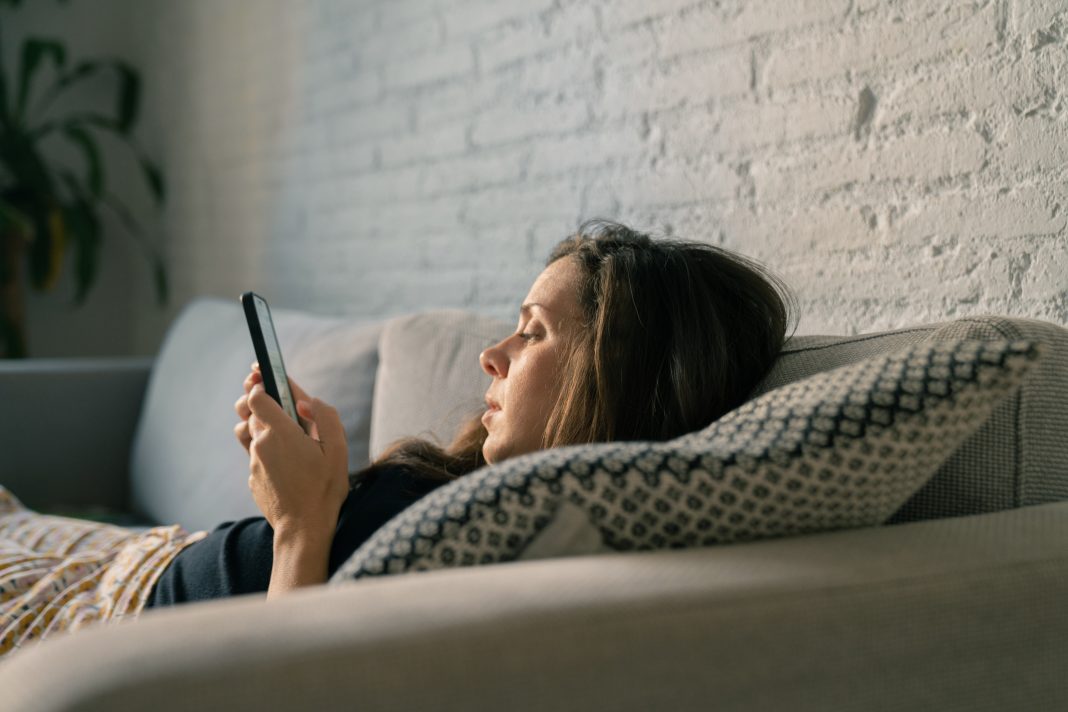It is three years since the COVID-19 lockdown was announced, and only now have feelings of loneliness in older adults started to decline
The University of Michigan National Poll on Healthy Aging suggests that, since the pandemic began, feelings of isolation and loneliness in older adults have started to decline, but the issue has not been resolved.
For example, one in three people between 50 and 80 still say they sometimes or often experience these feelings. Individuals in this age group also mentioned that they sometimes go more than a week without seeing someone from outside their homes.
Lifestyle factors impact the rate of loneliness
Loneliness in older adults was much higher among those who say their physical or mental health is fair or poor, those with a health problem or disability that limits their daily activities and those who are not working or are unemployed.
Despite the decline, the poll claims that around half or more of the older adults in each group currently experience these feelings. That’s about twice as high as their peers who are in better health or do not suffer from an activity-limiting health issue.
The pandemic has highlighted the importance of social interaction
“Three years into the COVID-19 pandemic, we see a reason for hope, but also a real cause for concern,” explains Preeti Malani, M.D., the poll’s senior advisor and former director.
“If anything, the pandemic has shown us just how important social interaction is for overall mental and physical health, and how much more attention we need to pay to this from a clinical, policy and personal perspective.”
‘Loneliness and isolation were too high before the pandemic’
“Loneliness and isolation were too high before the pandemic, and it will take a concerted effort to bring these rates down further,” adds poll director Jeffrey Kullgren, M.D., M.P.H., M.S., an associate professor of internal medicine at Michigan Medicine and physician and researcher at the VA Ann Arbor Healthcare System.
“While we must always balance the risk of infection with risk of isolation in older adults, we now know that a combination of vaccination, medication, testing, ventilation and masking can protect even the most vulnerable and allow them to engage socially,” he concludes.
The poll team notes that chronic loneliness has been associated with multiple adverse impacts on mental, cognitive and physical health, general well-being, and even longevity.











